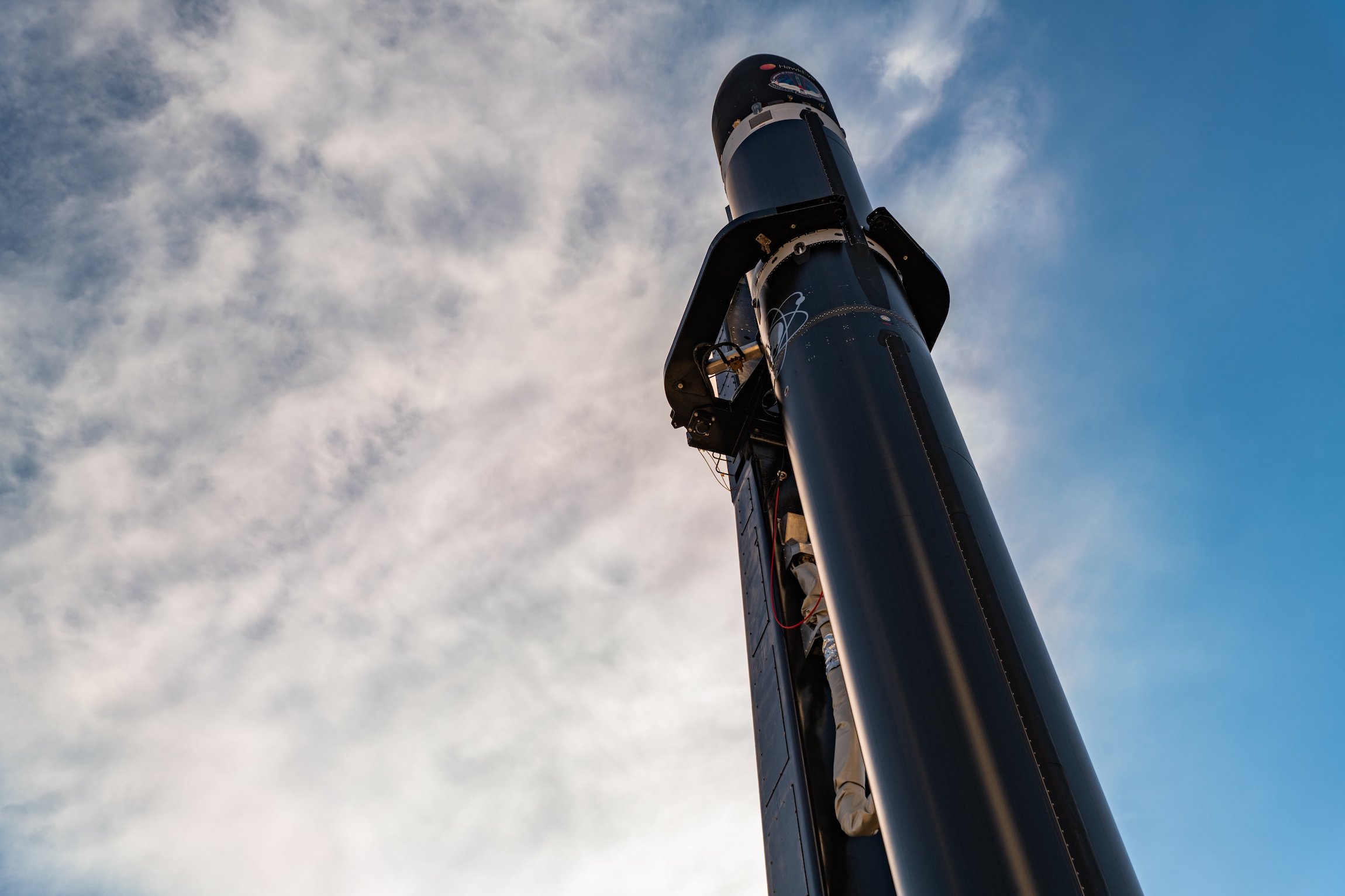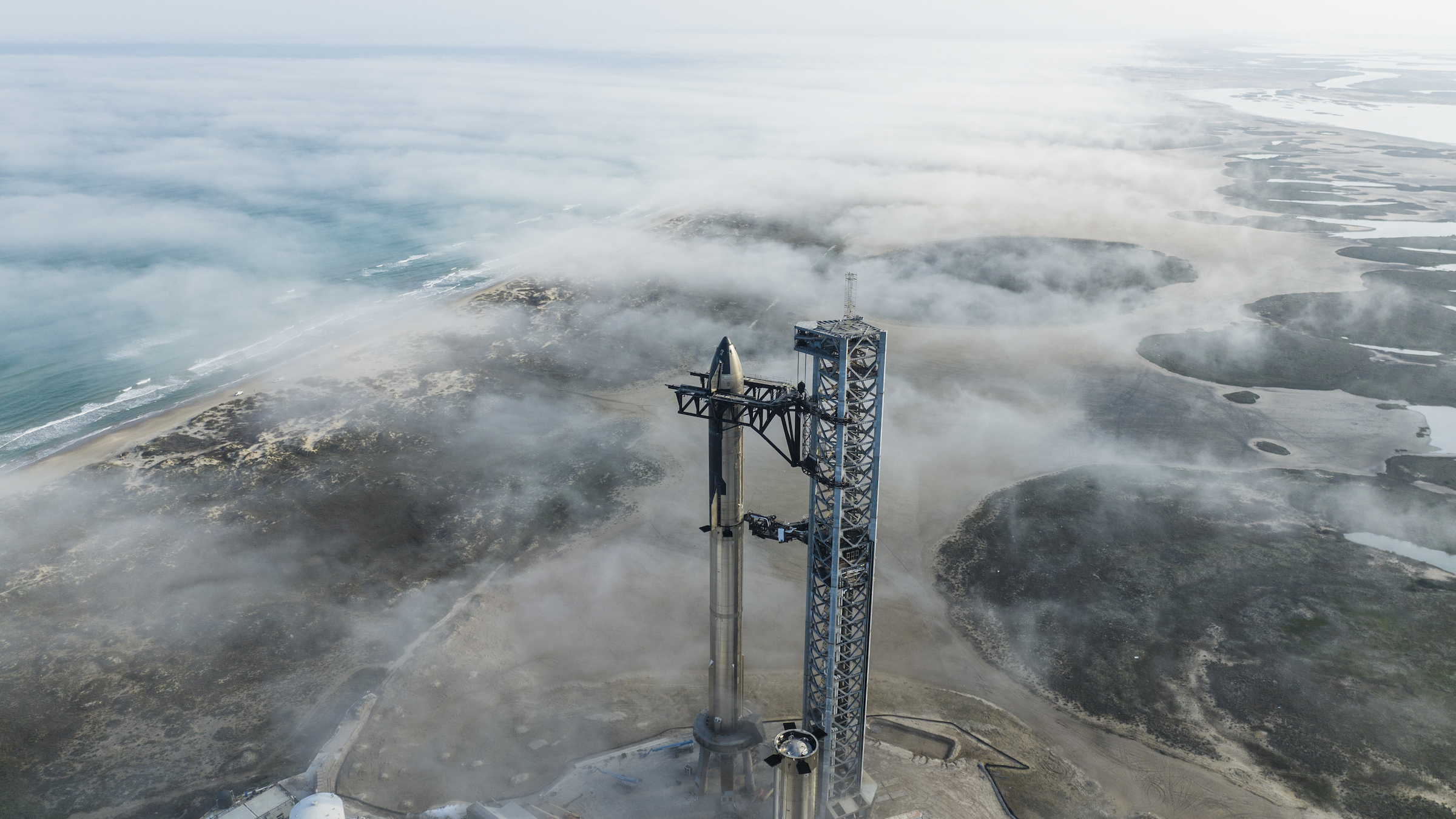Hello and welcome back to Max Q!
In this issue:
- Rocket Lab enters a new era with Virginia launch
- SpaceX moves closer to Starship’s first orbital flight test
- News from Quindar, AstroForge and more
Rocket Lab’s Electron lifts off from U.S. soil for the first time
Rocket Lab — and the United States — got a major win this week with the company’s first Electron rocket launch from Virginia. The mission, aptly titled “Virginia is for Launch Lovers,” provides a major boost for the company as it seeks to increase launch cadence and provide rapid, “on-demand” launch capabilities from either hemisphere.
It wasn’t an easy road. The mission experienced years of delays, mainly due to technical issues with a novel autonomous flight termination system developed by NASA. Once the technology was ready, Rocket Lab then experienced further (albeit much shorter) delays due to the mid-Atlantic’s inclement winter weather. Regardless, the launch went off without a hitch. It marks Rocket Lab’s 33rd successful Electron launch to date.

Image Credits: Rocket Lab (opens in a new window)
With Starship testing, SpaceX moves one step closer to making science fiction a reality
SpaceX conducted a wet dress rehearsal of the Starship launch system from its Starbase site in southeastern Texas, a major milestone in CEO Elon Musk’s quest to turn long-haul interplanetary transportation from science fiction to reality.
It’s the strongest signal yet that Starship’s first orbital flight test could well and truly be imminent. The wet dress is a critical series of prelaunch tests that includes propellant loading of both the upper stage and booster, and a run-through of countdown to around T-10 seconds, or just before engine ignition. After the wet dress, which as far as we know revealed no major issues, SpaceX began the process of “de-stacking,” or separating the Starship second stage and Super Heavy booster. Up next: a full static fire test, where engineers would light up all 33 of the booster’s Raptor 2 engines. The launch system would then be re-stacked before the first orbital flight test.
A static fire test and orbital launch could all take place in a matter of weeks — March is not off the table for the orbital flight test — but that’s assuming that everything goes well and no major mishaps take place (they’re not unheard of). It also assumes that the U.S. Federal Aviation Administration, the body that regulates commercial launches, issues SpaceX the all-important launch license fairly soon. The FAA has been basically mum about the status of its evaluation of SpaceX’s plans, though it’s been conducting extensive assessments of the Starship launch program for some time.

SpaceX Starship. Image Credits: SpaceX
More news from TC and beyond
- Astrobotic’s Peregrine lunar lander successfully completed its flight acceptance campaign. The next step is preparing it for shipment to Cape Canaveral, Florida, to be received by Astrobotic’s launch partner United Launch Alliance. (Astrobotic)
- AstroForge, an asteroid mining startup, announced its first two missions, both of which will launch this year. (TechCrunch)
- Atomos Space closed a $16.2 million Series A round to fund a demo mission of the company’s orbital transfer vehicle tech. (TechCrunch)
- Isar Aerospace, a German rocket startup, signed a deal with Spaceflight for one dedicated launch in 2026, with the option to add an additional launch to take off in 2025. (Spaceflight)
- NASA validated a novel rocket engine design, a “rotating detonation rocket engine,” that uses more power and less fuel than propulsion systems being built today. (NASA)
- NASA will partner with DARPA to develop a nuclear propulsion system, with the goal of demonstrating a nuclear thermal engine as soon as 2027. (SpaceNews)
- Quindar raised $2.5 million to change the way space companies conduct satellite mission management. (TechCrunch)
- SpaceX’s Falcon 9 flew its heaviest payload ever at 17.4 metric tons. (SpaceX)
Max Q is brought to you by me, Aria Alamalhodaei. If you enjoy reading Max Q, consider forwarding it to a friend.
Max Q: A very Virginia affair by Aria Alamalhodaei originally published on TechCrunch
source https://techcrunch.com/2023/01/30/max-q-a-very-virginia-affair/
Comments
Post a Comment